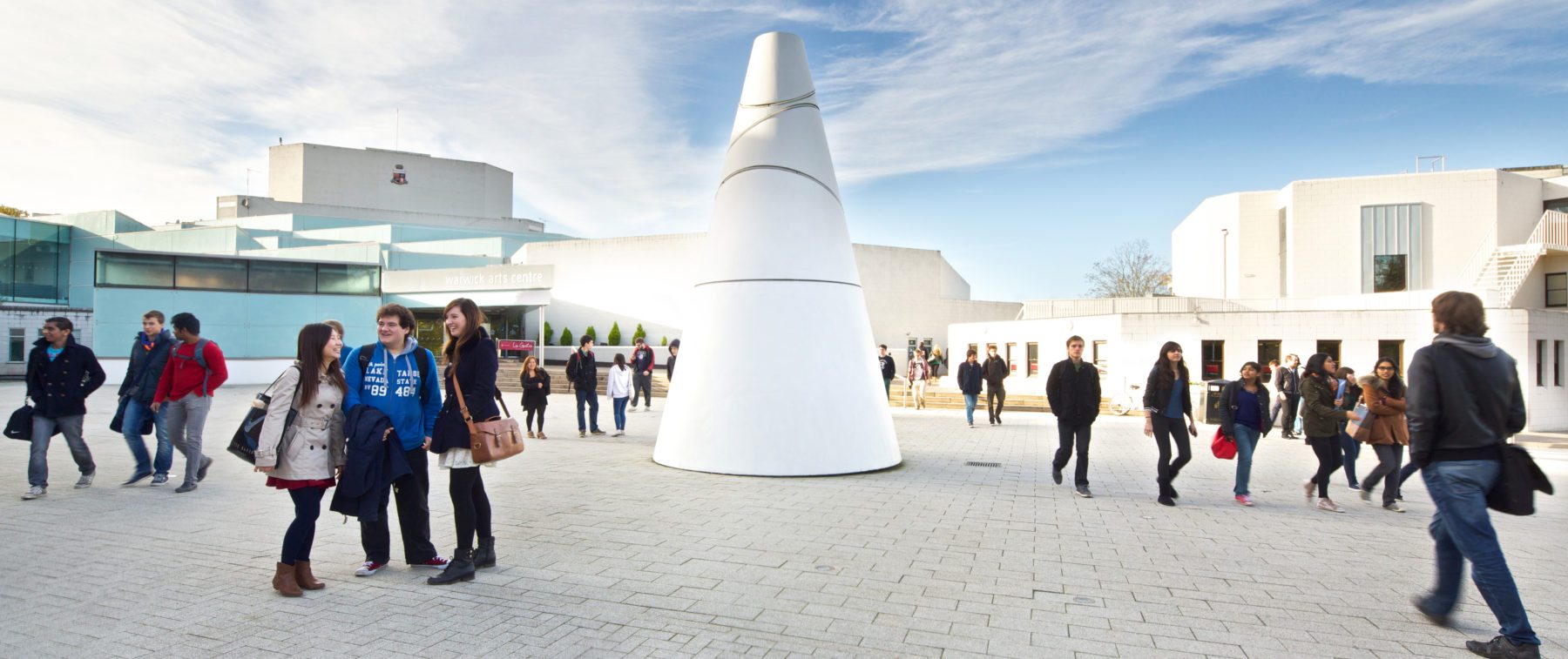Fewer EU students applying to UK universities post-Brexit
The number of EU students applying to study at UK universities has dropped by 9%, latest UCAS figures have revealed.
These figures concern applications to courses with the early deadline of 15 October, such as medicine and dentistry and Oxbridge applications.
6,240 EU students have applied for these courses, 620 down from last year. This reverses the 8% increase in EU applicants for the 2015/16 academic year, and the general rising trend of EU applicants in the last 4 years.
Despite the drop, the number of UK students applying by October 15 rose by 3% with a 1% increase in students applying from international countries outside of the EU.
Furthermore, there has been a 5% increase in 18-year-olds applying to study medicine, whereas last year there was a 4% decrease overall.
The decline in EU applications follows Brexit which triggered uncertainty about funding for EU students applying to study in the 2016/17 academic year.
The government announced on 11 October that these applicants would have the same access to loans and grants as previous years. However, this announcement may have come too soon before the 15 October deadline to reassure EU students.
Nicola Dandridge, Chief Executive of Universities UK, the vice chancellors’ group, said EU students must be made fully aware of these funding arrangements ahead of the next university applications deadline.
She also said in the Telegraph: “To avoid future uncertainty, we need the government to extend these transitional arrangements now for EU students considering applying for courses starting in 2018.
“It is important also that we make clear that European students continue to be welcome in coming to the UK to study.”
A government spokesperson commented positively to the BBC on the general rise in UK applicants and those from outside the EU: “International students make an important contribution to the UK’s world-class universities.
“It is too early in the application cycle to predict reliable trends, but the overall increase in application numbers is positive”.
Sophie Capeci, a second-year French with Italian student, commented: “I think that a great part of Warwick is that it’s incredibly multicultural and that the effects of Brexit is really going to damage this harmony.
“It’s quite scary that after this year we have no idea how Britain’s relationship with any European organisation, let alone ERASMUS, will be.”

Comments